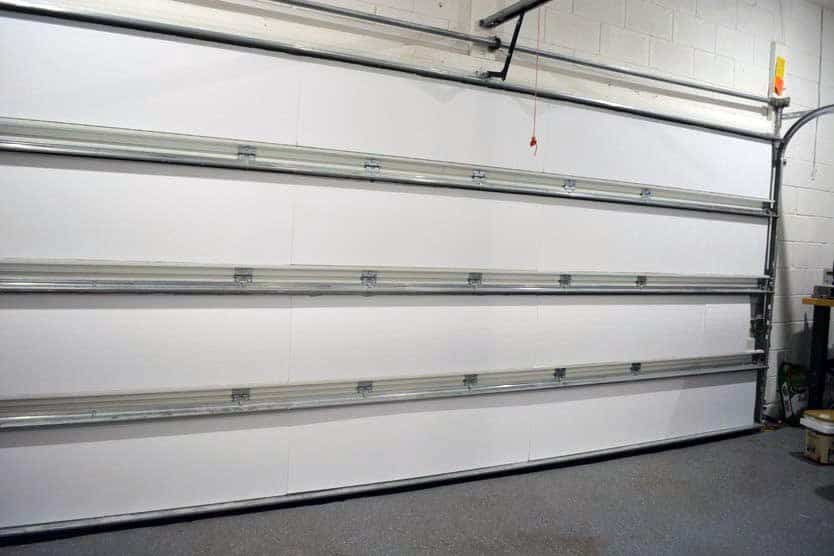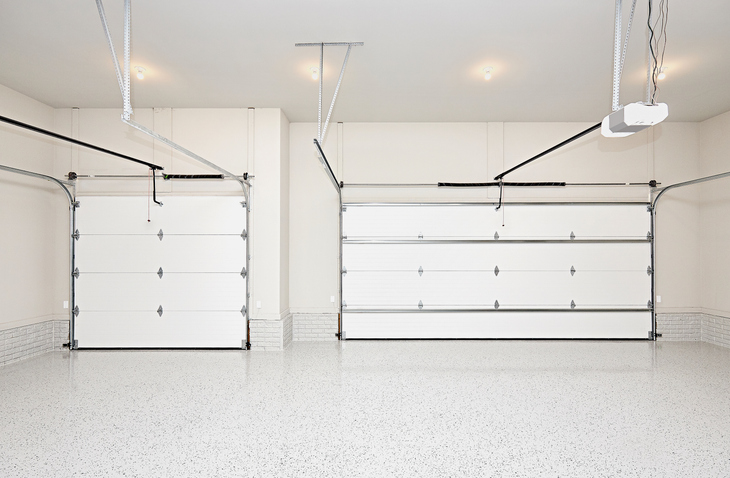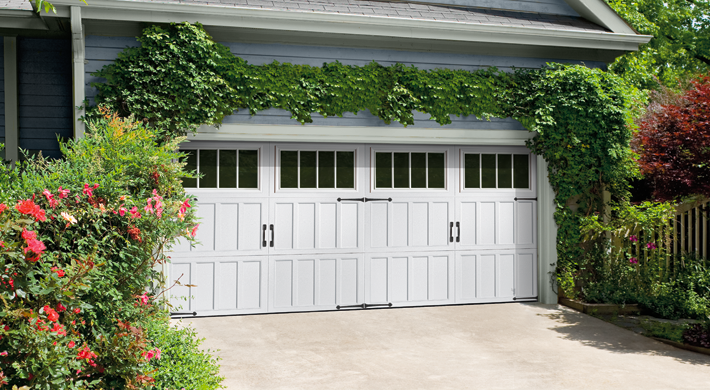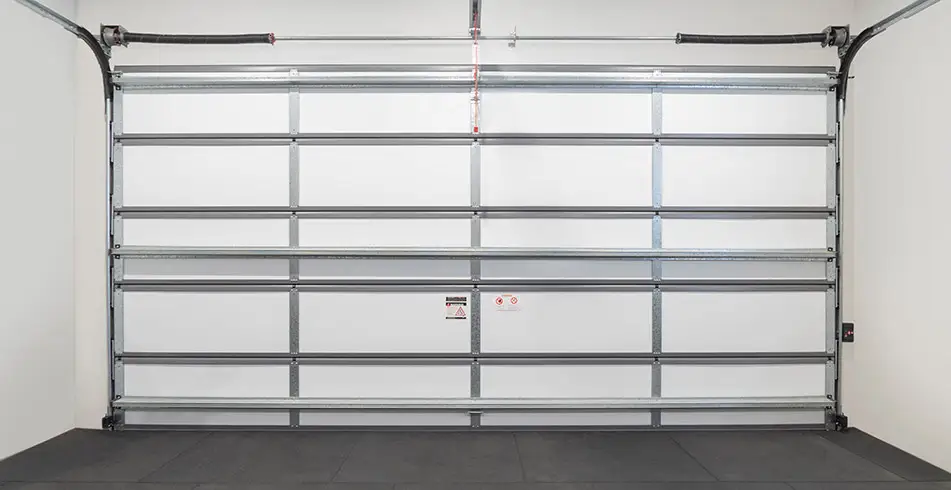The quest for a comfortable home environment often leads homeowners to explore various improvements. Among these, garage door insulation is frequently overlooked but plays a crucial role in enhancing home comfort. As energy costs rise and the importance of sustainable living becomes more evident, understanding how garage door insulation impacts your home is essential.
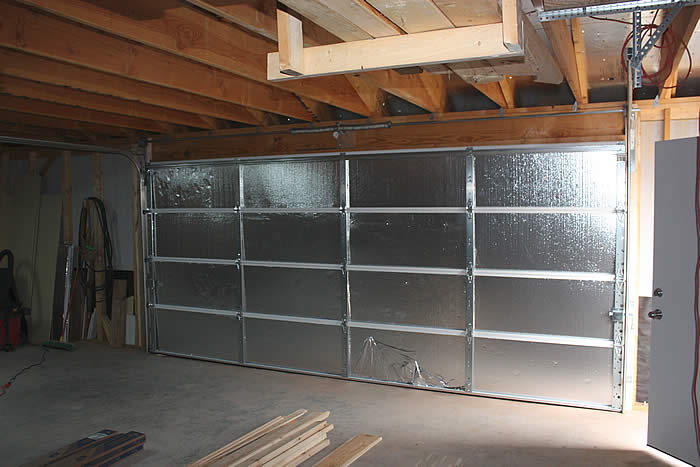
Why Garage Door Insulation Matters
Many homeowners underestimate the value of an insulated garage door. However, it significantly contributes to energy efficiency and can dramatically improve your home’s comfort level. A well-insulated garage maintains a more consistent temperature, reducing the strain on your heating and cooling systems.
Benefits of Insulating Your Garage Door
Insulating your garage door offers numerous benefits. It not only keeps the garage warmer in winter and cooler in summer but also reduces noise, enhances durability, and can increase the resale value of your home. By maintaining a stable temperature, your garage can serve as an additional living space or workshop, offering more utility.
How Garage Door Insulation Works
Understanding the mechanics of insulation helps in making informed decisions. Insulation materials like polystyrene or polyurethane are commonly used in garage doors to create a thermal barrier, reducing heat transfer and providing a buffer against external weather conditions.
Types of Garage Door Insulation
There are several types of garage door insulation available, each with different properties. Common options include fiberglass batts, foam boards, and reflective barriers. Each type has its own advantages and is suited for different garage door styles and climates.
Choosing the Right Insulation for Your Garage Door
When selecting insulation, consider factors such as your regional climate, the orientation of your garage, and the material of your garage door. A professional evaluation can help determine the most suitable insulation type and ensure proper installation.
DIY vs Professional Installation
While some homeowners may opt for a DIY approach, professional installation ensures optimal results. Professionals have the expertise to select the right materials and techniques, preventing common pitfalls associated with DIY installation.
Energy Efficiency and Cost Savings
Insulating your garage door can lead to significant energy savings by reducing the need for additional heating and cooling. This not only lowers utility bills but also lessens your environmental impact, aligning with sustainable living practices.
Impact on Home Value
An insulated garage door can enhance the appeal of your home to potential buyers. It is a desirable feature that indicates a well-maintained property and can provide a competitive edge in the real estate market.
Common Myths About Garage Door Insulation
Several misconceptions exist regarding garage door insulation. One common myth is that insulation is unnecessary if the garage is not used frequently. However, even with minimal use, an insulated garage can prevent energy loss and protect items stored inside.
Maintenance Tips for Insulated Garage Doors
Regular maintenance can extend the lifespan and efficiency of your insulated garage door. This includes periodic inspections for wear and tear, ensuring proper sealing, and lubricating moving parts.
Making the Decision to Insulate
Deciding to insulate your garage door involves weighing the benefits against the initial investment. Consider the long-term savings, increased comfort, and potential increase in property value as compelling reasons to proceed with insulation.
Real-Life Examples
Homeowners who have insulated their garage doors often report improved home comfort and energy savings. Testimonials and case studies can provide valuable insights into the tangible benefits of this home improvement.

Conclusion: Enhancing Home Comfort with Garage Door Insulation
Investing in garage door insulation is a smart move for any homeowner looking to improve home comfort and reduce energy costs. By understanding its benefits and implementation, you can make an informed decision that contributes to a more comfortable and efficient home environment.
FAQ Section
- Q: How does garage door insulation improve energy efficiency?
A: Insulation reduces heat transfer, maintaining a consistent temperature and reducing energy consumption. - Q: Can I install garage door insulation myself?
A: While possible, professional installation is recommended to ensure optimal performance and avoid common DIY mistakes. - Q: What types of insulation are best for garage doors?
A: The best type depends on your needs, but common options include fiberglass, foam boards, and reflective barriers.
For more information on insulated garage doors, visit this informative resource. Additionally, check out how to match garage door to home exterior for further insights on enhancing your home’s aesthetic appeal.
This article contains affiliate links. We may earn a commission at no extra cost to you.




